BAHÁ’Í WORLD CENTRE — The Bahá’í World News Service looks back on a year like no other, providing an overview of the stories it has covered on developments in the global Bahá’í community that have strengthened resilience and offered hope in a time of great need.
Responding to the pandemic
When the pandemic first hit, acts of solidarity throughout the world showed humanity how it could rally around an issue to alleviate suffering. The months since March have demonstrated more clearly than ever that every human being can become a protagonist of change. As people took action, a sense of collective purpose motivated yet more people to do whatever they could to be of service to their fellow citizens—creating a virtuous circle and giving rise to an unprecedented level of collective action.
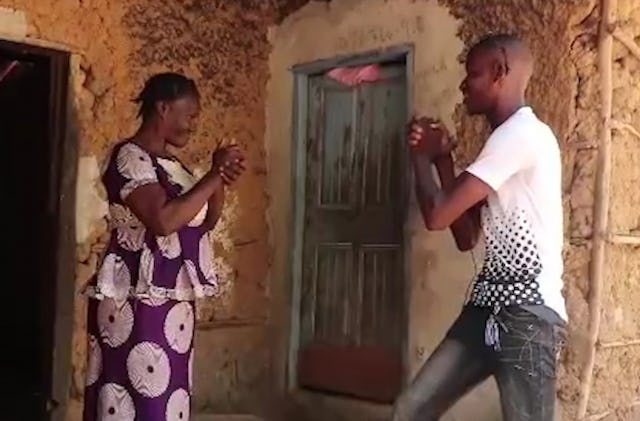
In March, the News Service reported on the initial response of Bahá’í communities to the crisis as they quickly and creatively adapted to new forms of interaction suited to public health requirements and found ways to be of service to their societies.
In a suburb of New York City, a group of youth engaged in Bahá’í community-building efforts turned their attention to pressing needs arising from school closures.
Children in Luxembourg participating in moral education classes made cards to bring joy to health workers and others carrying out essential services, while children in Berlin, Germany, created drawings on the theme of hope for the residents of a home for the elderly. In Slovenia, the Bahá’ís of Bašelj connected food delivery services catering to restaurants to also deliver to homes. That month also saw Bahá’ís around the world marking Naw-Rúz—their new year and the first day of spring—by strengthening bonds of friendship and conveying messages of hope.
By April, as the spread of the coronavirus had become more apparent, the efforts of Bahá’í communities further intensified. In Canada, participants of a Bahá’í-inspired program for English learners found support in one another through difficult times. In Tunisia, the Bahá’ís of the country joined with diverse religious to call for both science and religion to guide an effective response. In the DRC, community ties enabled thousands of people to be kept informed of accurate information and advice, including on what crops to plant to ensure food security. In Kiyunga, Uganda, radio broadcasts prompted conversations across households on the importance of prayer as a source of strength. Bahá’í radio stations elsewhere found a renewed purpose, acting as a source of critical information and an anchor of community life to those living in rural areas.
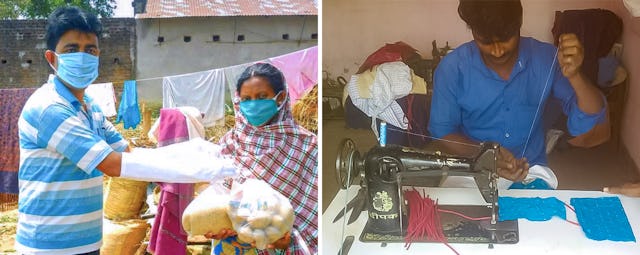
Efforts that month swelled where Bahá’í Local and National Spiritual Assemblies channeled the energy and assistance of very many people into action, disseminated critical information and other resources to where it was most needed, and assisted vulnerable populations to access government services.
In the months since April, it has become ever more clear that service to society and collective worship are essential elements in the life of a community that remains hopeful and perseveres in the face of a crisis. In Romania, participants in devotional gatherings open to all are finding their hearts to be “beating as one”. In South Africa, Bahá’í healthcare professionals, seeing potential in every human being to serve their society, have been drawing on the strength of the community to provide support to those recovering from the coronavirus.
In all places, youth have moved to the forefront of the grassroots response to the crisis. In Sierra Leone, young people created a film on preventive health measures, while in Italy youth explored profound themes related to social transformation in a series of short videos. Amid the pandemic and in the aftermath of the Beirut explosion, youth in the city drew on capacities they had gained in Bahá’í community-building efforts to create a disaster recovery network.
Over this period, the arts have played an important role in casting a light on themes that are captivating the public consciousness. Meanwhile, the Bahá’í World publication has released a series of articles on themes related to the global health crisis and major issues facing societies as they look ahead.
Pursuing long-term social and economic development endeavors
In addition to reporting on grassroots Bahá’í social and economic initiatives in response to the pandemic, the News Service also covered more complex projects and efforts by Bahá’í-inspired organizations as they adapted to circumstances arising from the health crisis.
The News Service reported on examples of initiatives to improve food security. In Vanuatu, participants in a Bahá’í-inspired educational program called Preparation for Social Action have been taking steps to not only maintain food supplies for their fellow citizens, but also to encourage others in their country to do the same. In Nepal, with many migrant workers returning home amid the pandemic, a Baha’i Local Spiritual Assembly took steps to enhance the community’s capacity to produce its own food.
In Colombia, FUNDAEC—a Baha’i-inspired organization based in Cali—turned its attention to supporting local food production initiatives, while fostering appreciation toward the land and the environment in communities throughout the country.
Some of the efforts covered in the area of education include the following: In Bolivia, a Bahá’í-inspired university has been supporting staff and students through challenging times and has given thoughtful consideration to identifying technologies suitable for present circumstances. In the Central African Republic, Indonesia and India—among other places—Bahá’í-inspired community schools have found creative ways of adapting, gaining insight into the role of teachers in times of crises. In the United States, constructive conversations among individuals, officials, and the police on racial equality have helped to create shared purpose among different segments of society toward improving systems of public safety.
Participating in the discourses of society
This past year, the News Service covered a variety of stories on the efforts of the Bahá’í community to contribute to social discourses.
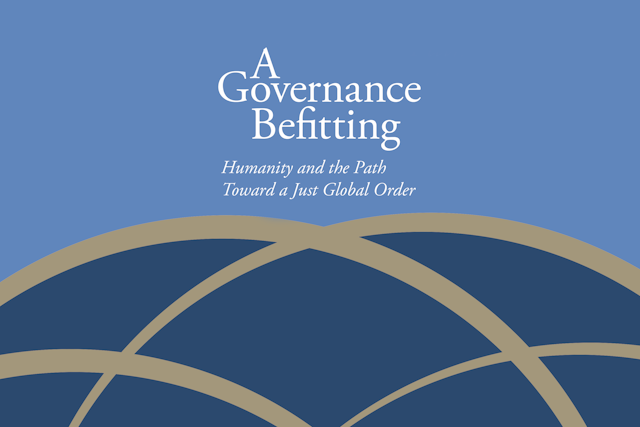
The Bahá’í International Community participated in forums on the importance of language in fostering a shared identity, agriculture, peace, and the role of international structures on a path to a just global order.
National Bahá’í communities have contributed to discourses on the environment, family life, the equality of women and men, and the role of religion in society.
In Jordan and other countries, Bahá’í communities have been creating spaces for journalists and different social actors to explore how the media can play a constructive role in society. In Indonesia, a series of seminars has tapped into a strong desire among officials, academics, and others to explore fundamental principles of a more peaceful society. In Canada and Austria, a podcast series and video blog respectively have been drawing insights from religion to provide new perspectives on issues of national concern. Participants of roundtable discussions in Kazakhstan and the Kurdistan region of Iraq have been exploring how spiritual principles that have drawn people together in this time can help shape public life in the future. In Chile, the Bahá’í community has been creating spaces alongside the constitutional process to examine with their fellow citizens the foundations for a materially and spiritually prosperous society.
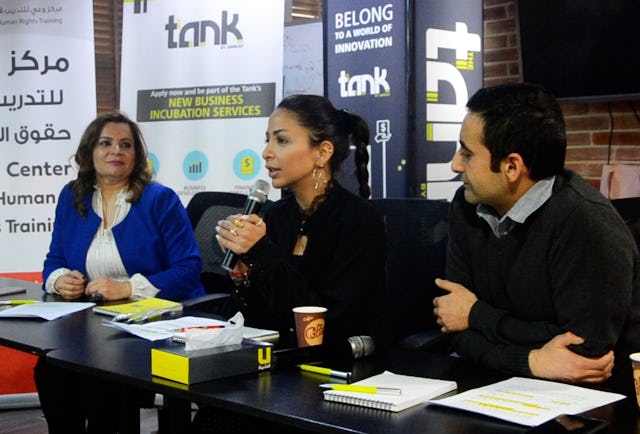
National conversations about peace and coexistence gained momentum over the past year. At a moment when racial and other forms of prejudice came to the forefront of public consciousness in the United States and across the world, the National Spiritual Assembly of the Bahá’ís of that country released a statement that spurred vital conversations about a path forward. In the Netherlands, the anniversary of ‘Abdu’l-Bahá’s Tablets to the Hague prompted reflection on progress toward world peace. In Tunisia, roundtable discussions examined how peaceful coexistence would only be possible with the full participation of women.
This year, among the conferences organized by the Bahá’í Chair for World Peace at the University of Maryland, College Park, was a gathering on the need to address moral dimensions of climate change. The Bahá’í Chair for Studies in Development at Devi Ahilya University, Indore, invited economists and academics to examine how new conceptions of human nature can enhance long-term approaches to urban development in light of the health crisis.
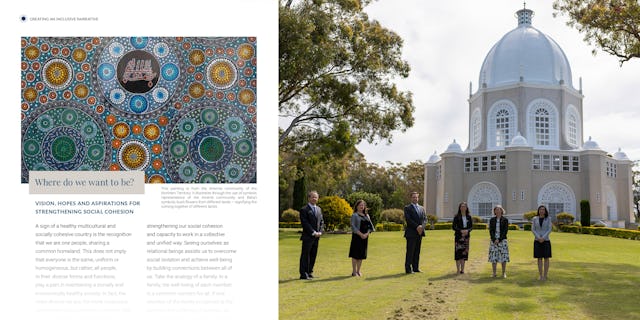
In Australia, a two-year process of gatherings among diverse segments of society culminated in the release of Creating an Inclusive Narrative, a publication that offers insights on forging a common identity. In the Democratic Republic of the Congo and India, remarkable gatherings brought together chiefs to examine how to transcend traditional barriers and prejudices that keep people apart as they build toward lasting peace.
In Papua New Guinea, the Bahá’í National Spiritual Assembly of the country issued a statement in July on the equality of women and men, speaking to a global concern that has been exacerbated during the pandemic.
The Institute for Studies in Global Prosperity has been promoting gatherings for university students in which young people explore together questions concerning social change.
Persecution of the Bahá’ís in Iran and Yemen
At a time when the international community has been battling a global health crisis, the persecution of the Bahá’ís in Iran and Yemen has not relented.
A United Nations resolution, passed earlier this month by the General Assembly, condemned Iran’s ongoing violations of human rights, including those of the country’s Bahá’í community. This year Iranian authorities have escalated their persecution of the Bahá’ís through scores of baseless arrests, denial of the most basic civil rights, and restrictions in applying for a new national identification card. These actions have placed great pressures on individuals and families already facing a health crisis.
In Yemen, a court upheld a religiously-motivated death sentence against a Bahá’í earlier this year. Although he and five other Bahá’ís were later released from their wrongful detainment, the Bahá’í International Community remains gravely concerned and has called for the safeguarding of the rights of all Bahá’ís in Yemen to live according to their beliefs without risk of persecution.
Bahá’í Houses of Worship
The News Service covered stories this past year on how Bahá’í Houses of Worship have adapted to the pandemic while infusing wider segments of society with the spirit of collective worship and service. Stories also reported on advancements in the construction of Houses of Worship in Kenya and Papua New Guinea.
In places where Bahá’í Houses of Worship stand, new approaches are being taken to infuse wider segments of society with the spirit these structures embody.
Design concepts were announced for the local temple in Bihar Sharif, India, and the national House of Worship for the Democratic Republic of the Congo. The project in the DRC forged ahead, with a groundbreaking ceremony and the start of construction.
Construction of the Shrine of ‘Abdu’l-Bahá
The beginning of this year saw the first steps being taken to prepare the site and lay the groundwork for the Shrine of ‘Abdu’l-Bahá. Coinciding with the start of construction, the mayor of ‘Akká and representatives of the city’s religious communities gathered to honor ‘Abdu’l-Bahá at a special ceremony.
Although certain operations had necessarily slowed or stopped when the pandemic hit, progress continued to be made with the approval of local authorities at each stage. By April work on the foundations was giving shape to an imprint of the design’s elegant geometry. In September the foundations were completed. By November, the first vertical elements were being raised.


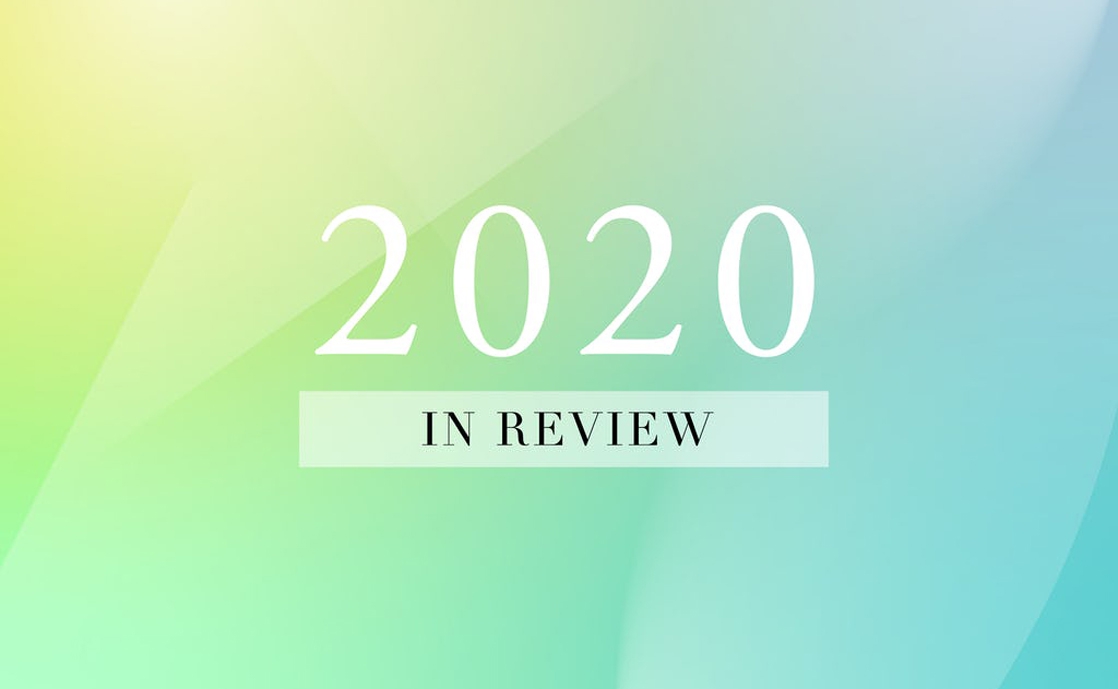
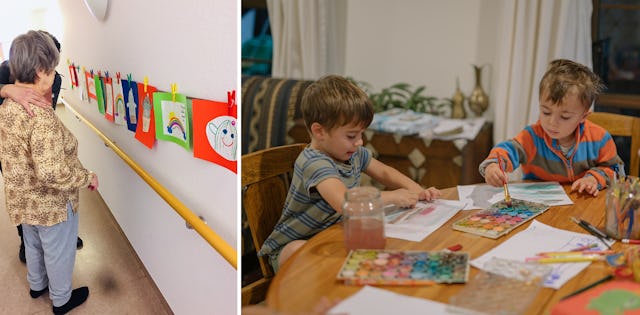

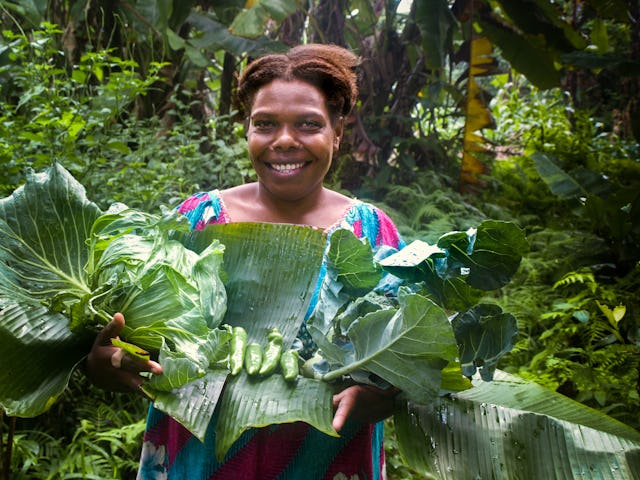
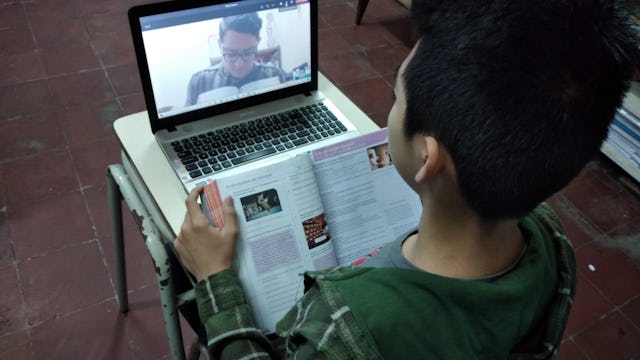


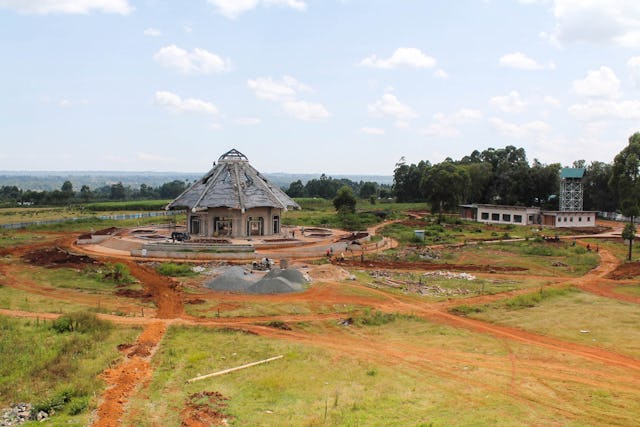
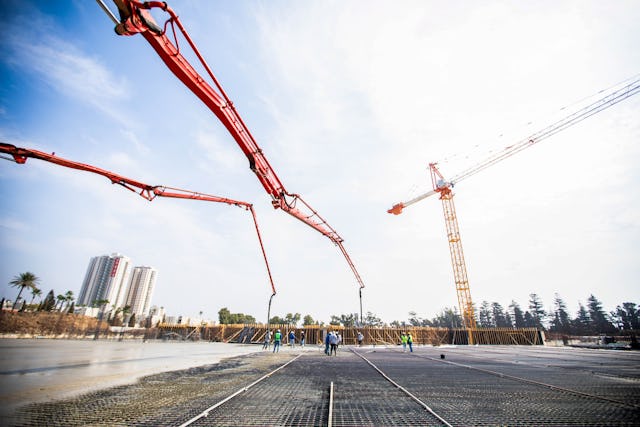

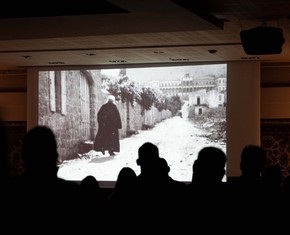











Comments
Sign in or create an account
Continue with Googleor